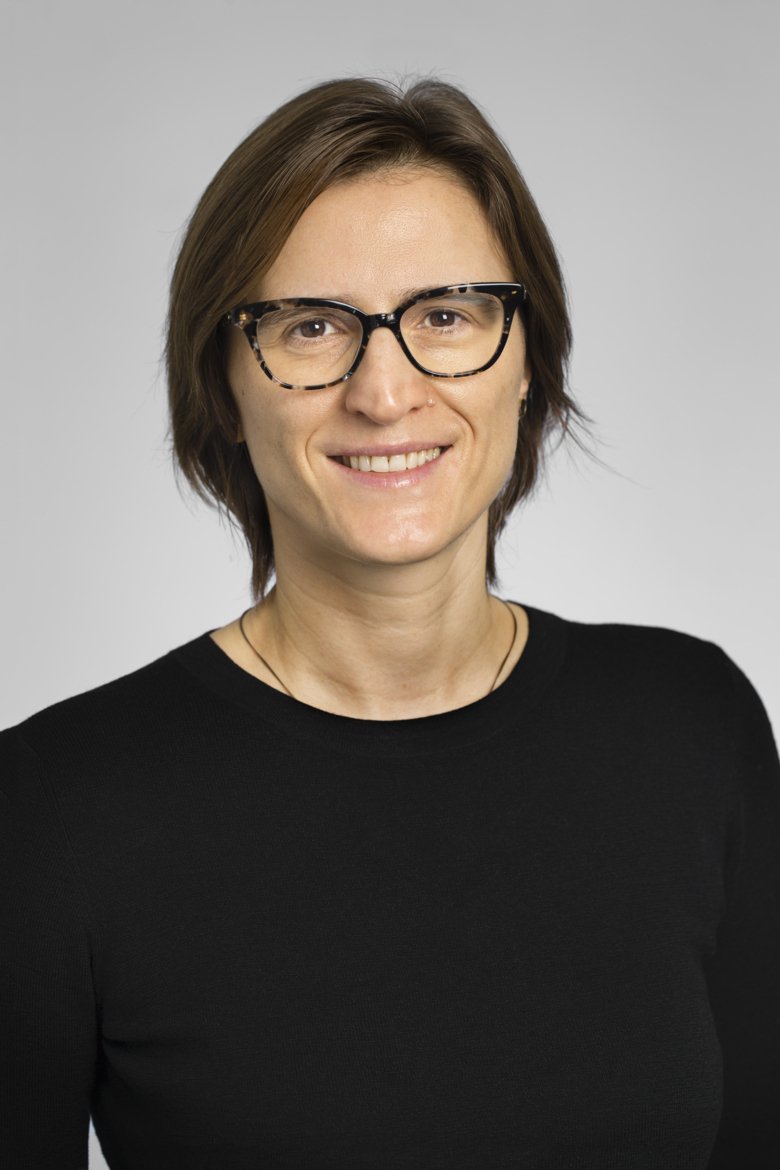Exposure to common parental mental illness linked to socioeconomic adversity among children

“An important finding of the study was that any type of parental mental illness strongly increased the risk of childhood socioeconomic adversity.” says Kyriaki Kosidou, researcher at KI and corresponding author of the newly published article about parental mental illness and its association with socioeconomic adversity among children in Sweden.
“We found that children with parental mental illness have markedly higher risks for poverty and living separately from their parents compared to other children. The risks somewhat differed by type of parental mental illness, for example there were particularly high risks for socioeconomic adversity among children exposed to parental substance misuse", says Kyriaki Kosidou, researcher at the Department of Global Public Health and the EPiCSS research group.

"However, an important finding of the study was that any type of parental mental illness strongly increased the risk of childhood socioeconomic adversity. That means that even exposure to parental common mental disorders like depression and anxiety was linked to broad socioeconomic adversity and not only exposure to more severe mental illness, like psychosis, as was previously thought”, says Kyriaki Kosidou.
The findings show that a large part of children whose parents have a mental illness are exposed to broad socioeconomic hardship.
“There is a need to understand the effects of both parental mental illness and concomitant socioeconomic adversity in later life outcomes for these vulnerable population of children. We estimated that, currently, up to 11 percent of children 0-17 years in Sweden have at least one parent with a mental illness severe enough to be treated within secondary psychiatric care.
Since we were not able to study parents with mental illness treated exclusively within primary care, the total proportion of children in Sweden whose parents suffer from some type of mental illness is even higher”, says Kyriaki Kosidou.
How can this new knowledge contribute to achieving better health for all?
“Parental mental illness and socioeconomic adversity have been independently linked to poorer health and social outcomes later in life. Our study shows how strongly these conditions overlap, even in a welfare context like the Swedish, which probably has a multiplied negative effect on these children.
Any efforts to support these children should also consider the socioeconomic conditions of the family. We probably need a new look on the conditions that a considerable population of children, regarding size, are growing up with, in other words children with parental mental illness, and to adapt our support to these children and families. Improving the socioeconomic conditions of families with parental mental illness might have the potential to also improve outcomes for the children. This, however, should be addressed in future studies."
How did you perform the study?
“This was a register-based study of the total Swedish population. We followed a large cohort of Swedish children, over 2 million children, born between 1991-2011 for parental mental illness and indicators of socioeconomic adversity in the registries.”
Publication
Prevalence of parental mental illness and association with socioeconomic adversity among children in Sweden between 2006 and 2016: a population-based cohort study. Matthias Pierce, Kathryn M Abel, Joseph Muwonge, Susanne Wicks, Alicia Nevriana, Holly Hope, Christina Dalman, Kyriaki Kosidou. The Lancet Public Health, Volume 5, Issue 11.
Funding
The study was funded by the European Research Council, National Institute for Health Research, Region Stockholm, and the Swedish Research Council.
The study is part of the collaborative project CAPRI - Children and Adolescents with Parental Mental Illness, conducted together with researchers from Manchester University.
